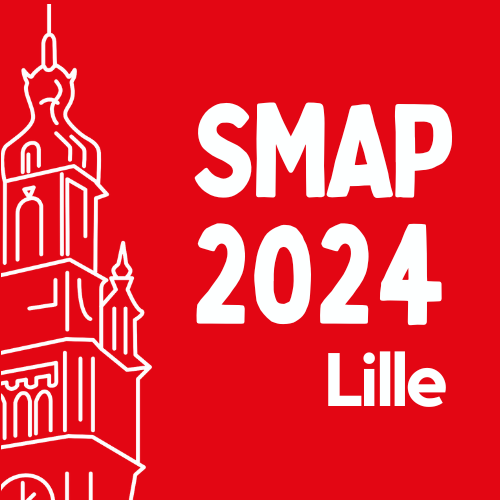
Session: Parallel session 1 - Health and biological sciences
Next generation immunopeptidomics for bacterial epitope discovery
Vaccination is one of the most effective strategies against infectious diseases, yet the development of vaccines against intracellular bacterial pathogens is hampered by a lack of known antigens. Knowledge about the bacterial epitopes presented on MHC class I and II is instrumental for the selection of antigens and the design of antibacterial vaccines.
Leveraging the power of mass spectrometry, we established an immunopeptidomics pipeline to identify bacterial immunopeptides presented on MHC class I and II that were derived from infected cell culture models. In a proof-of-concept study, we took advantage of immunopeptidomics to designe mRNA vaccine formulations against the intracellular bacterial model pathogen Listeria monocytogenes.
Recently, we further optimized all aspects of our immunopeptidomics workflow to increase its sensitivity and sample throughput. Sample preparation is now semi-automated in a 96-well plate format and starts from a few million cells or less. LC-MS/MS sensitivity and throughput have strongly increased by implementing our workflow on a timsTOF SCP mass spectrometer, with an optimized polygons for precursor selection of MHC class I and II immunopeptides. Data analysis uses a streamlined pipeline combining four search engines (MSFragger, Sage, Comet, and PEAKS), followed by peptide rescoring using MS2Rescore (v.3) with integrated ion mobility prediction, and extensive filtering to retain bacterial epitopes and antigens with very high confidence.
This optimized pipeline is being used throughout the EU-funded BAXERNA project (www.baxerna.eu) to discover candidate antigens for the development of mRNA vaccines against the three clinically problematic bacteria Mycobacterium tuberculosis, Mycobacterium ulcerans, and Acinetobacter baumannii.